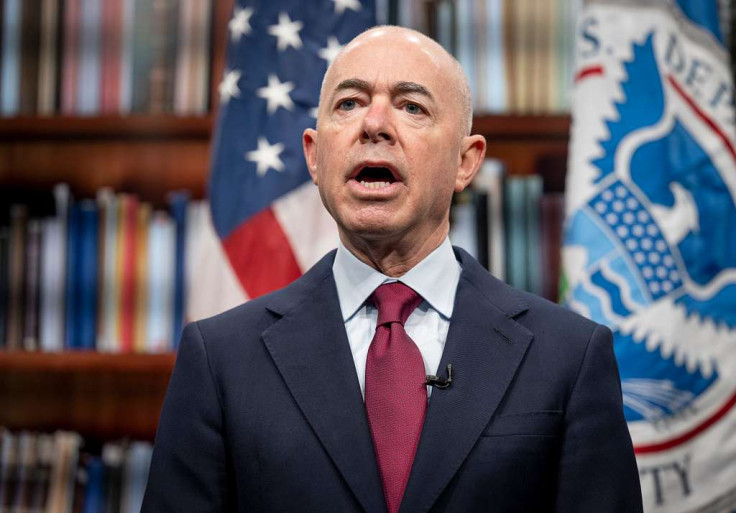
The Biden administration's recent decision not to extend the humanitarian parole program for Venezuelans will follow a similar move for Haitians, Cubans, and Nicaraguans. This policy change leaves many individuals from these countries, who have relied on the program to enter the U.S. legally, facing uncertainty about their immigration status.
The program, originally initiated for Venezuelans in October 2022 and later expanded to include nationals from Cuba, Haiti, and Nicaragua in January 2023, provided a legal pathway for these migrants to enter the U.S. as long as they passed health and background checks and had a sponsor in the U.S. willing to vouch for them financially. With the initial authorizations set to expire soon, the decision not to renew the program leaves many individuals at risk of deportation.
As of late August, over half a million migrants had utilized the program, which allowed them to stay in the U.S. for two years. However, as a spokesperson from the Department of Homeland Security (DHS) told the Miami Herald, those who do not have pending immigration benefits or have not secured another legal immigration status during their parole period will need to depart before their authorized period ends. Failure to do so could lead to deportation proceedings.
Despite the temporary protections provided by the program, many individuals may find themselves without legal status as their parole expires. For instance, Venezuelans who entered the U.S. under the parole program will see their authorizations end shortly, while those from Cuba, Haiti, and Nicaragua will face similar circumstances in January 2025.
The Biden administration has expanded Temporary Protected Status (TPS) to Venezuelans and Haitians, providing them with deportation protections and work permits, though this status does not lead to citizenship. Migrants who arrived under the parole program during the window between its announcement and the TPS designations may still qualify to remain in the U.S. Additionally, eligible Cubans can apply for a green card after a year and a day of residency.
However, many individuals from these nations, particularly Nicaraguans, face uncertainty. TPS for Nicaraguans has not been redesigned since the late 1990s, leaving advocates in South Florida calling for renewed protections amid worsening conditions in Nicaragua. Patricia Andrade, president of the Venezuela Awareness Foundation, criticized the decision to end the parole program, calling it ill-timed given the deteriorating situation in Venezuela.
The parole program was a significant aspect of the Biden administration's strategy to manage undocumented immigration from the four nations. Officials have noted a dramatic reduction in encounters with migrants from these countries, with numbers reportedly down over 99% since the program's implementation. In contrast, a similar parole program for nationals from Afghanistan and Ukraine has been renewed.
The program, however, faced political backlash, particularly from Republicans who argued that it was an overreach of executive power. Earlier this year, a federal judge dismissed a lawsuit from several Republican-led states that sought to challenge the program.
Critics, including Venezuelans in South Florida, expressed concern that ending the program could endanger many individuals who might face deportation. Ernesto Ackerman, president of the Independent Venezuelan American Citizens, called the decision an extension of the administration's "migratory disaster", the outlet reported.
© 2025 Latin Times. All rights reserved. Do not reproduce without permission.


